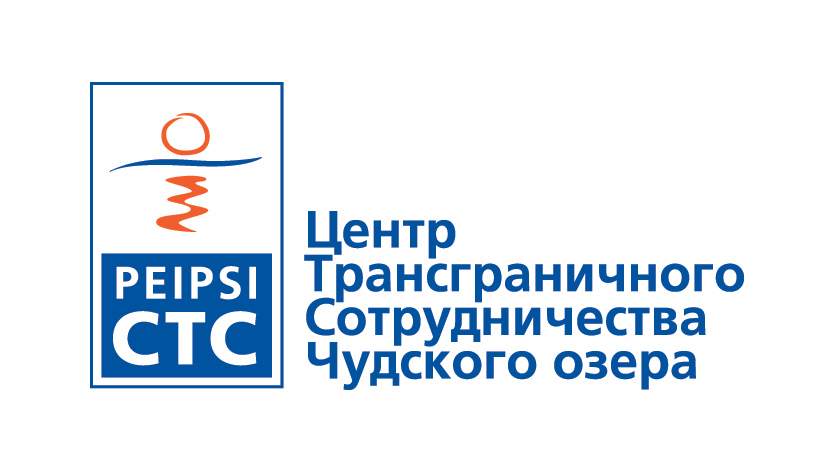An article "Regional development and cross-border cooperation in the EU Eastern periphery. Case of the Estonian – Russian border" is published in the Jourmal of Nordregio no 1, 2009 by Gulnara Roll.
This article presents preliminary results of the research in the Estonian – Russian border area as one of the case study regions of the EU FP6 research project “EUDIMENSIONS: Local Dimensions of a Wider European Neighbourhood”” (contract nr. CIT5-CT-2005-028804).
Introduction:
As a result of the last two EU
enlargement waves – of 2004 (Estonia, Latvia, Lithuania and Poland) and
2007 (Bulgaria and Romania), the European Union incorporated countries
which had at the moment of accession much lower GDP than the EU’s
average . Optimistic expectations of the new EU member states that
entrance into the European Union would help them to promote quickly
economic development and raise living standards have realised only
partially. While those countries’ capitals have benefited enormously
economically from the EU accession, some of those countries’ peripheral
regions continued stagnating and the gap between urban centres and rural
periphery continued to widen despite the EU structural funds provided
for the support of the EU peripheral regions’ economic development.
Since those peripheral border regions are usually located on the EU
fringes bordering less economically developed third countries, they are
becoming “double peripheries” within a greater European context –
distant not only from the dynamic centres of “Core Europe” but also from
prosperous national centres as well.
Dr Gulnara Roll is a Senior Research Fellow of the University of Tartu Institute of Government and Policy; and Chairwoman of Board, Peipsi Center for Transboundary Cooperation; Tartu, Estonia.
